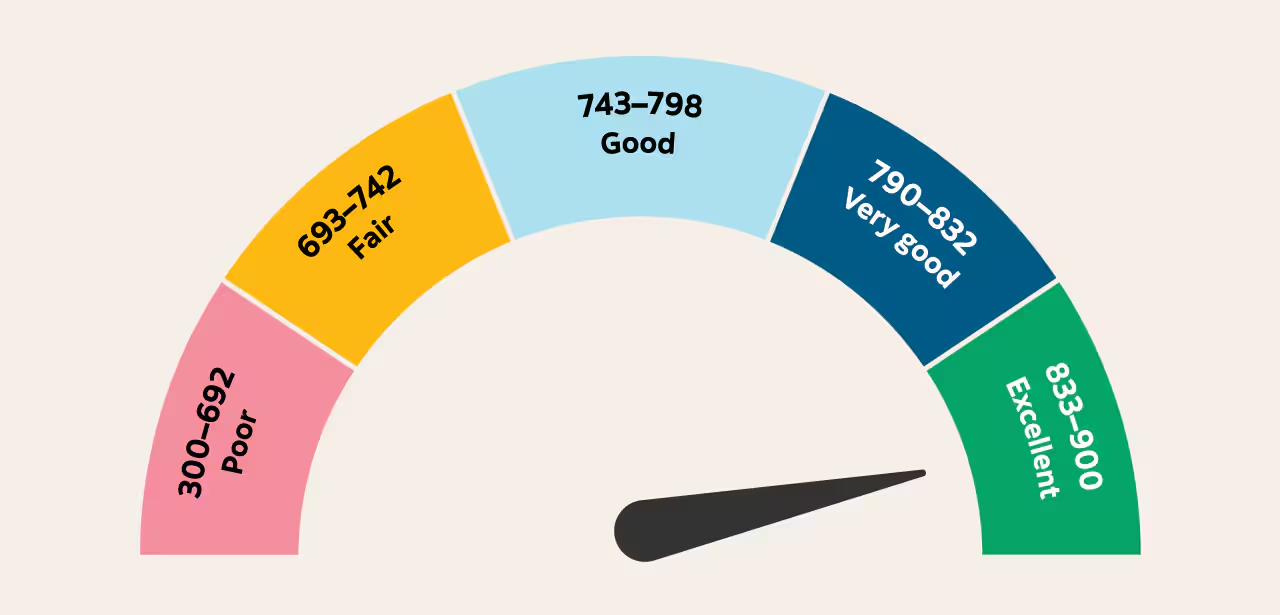In an age where digital connectivity is embedded in every facet of life, the rise of online scams remains a stark reminder of the vulnerabilities that accompany technological advancements. Many Australians, despite being tech-savvy, are falling victim to these sophisticated scams, losing their life savings in the process. This issue is not only a personal tragedy but also a broader economic concern, impacting consumer confidence and financial security across the nation.
Understanding the Scale of the Problem
The Australian Competition and Consumer Commission (ACCC) reported a staggering loss of over AUD 851 million to scams in 2022 alone. This figure represents just the reported cases, suggesting the real impact could be significantly higher. The ACCC's Scamwatch has highlighted that investment scams are the most financially damaging, with victims losing an average of AUD 38,000 each.
Case Study: The Rise of Investment Scams
Investment scams are meticulously designed, often masquerading as legitimate opportunities promising high returns. A recent example involved a Sydney-based retiree who invested AUD 150,000 into a fraudulent cryptocurrency scheme. The promise of lucrative returns was compelling, but the funds vanished overnight, leaving the victim financially devastated and emotionally distressed.
Data-Driven Insights
According to the Australian Bureau of Statistics (ABS), 87% of Australians use the internet, making them potential targets for online fraud. The Reserve Bank of Australia (RBA) has noted that the increasing reliance on digital transactions has inadvertently created more opportunities for cybercriminals.
The complexity of these scams often involves multiple layers of deception, including fake websites and social engineering tactics. Scammers exploit emotions such as fear and greed, making it challenging for even the most cautious individuals to detect fraudulent activities.
The Role of Technology in Amplifying Scams
Technological advancements, while beneficial, have also equipped scammers with sophisticated tools to enhance their deceptive tactics. The use of artificial intelligence (AI) and machine learning allows scammers to create realistic phishing emails and websites that are hard to distinguish from genuine ones.
For example, AI-driven voice emulators can now mimic the voices of family members, adding a personal touch to scams and increasing their success rate. This technological arms race has made it increasingly difficult for individuals to trust their digital interactions.
Regulatory and Policy Insights
The Australian government and regulatory bodies like the Australian Securities and Investments Commission (ASIC) and the ACCC are actively working to combat online scams. However, the rapid evolution of these scams often outpaces regulatory measures.
The implementation of the Consumer Data Right (CDR) is an attempt to give Australians greater control over their personal data, potentially reducing the likelihood of data breaches and identity theft. However, as the digital landscape evolves, so too must the frameworks designed to protect consumers.
Case Study: Effective Regulatory Intervention
In 2021, the ACCC successfully disrupted a major scam network by collaborating with international law enforcement agencies. This operation led to the arrest of several key figures, significantly reducing scam activities in Australia for a time. This case underscores the importance of international cooperation in tackling the global nature of online scams.
Pros and Cons of Current Regulatory Approaches
- Pros: Increased consumer protection, deterrence of criminal activities, and restoration of consumer trust.
- Cons: Regulatory measures can be reactive rather than proactive, and scammers often adapt quickly to circumvent new regulations.
Common Myths and Mistakes
- Myth: Only the elderly fall for scams. Reality: Data from the ACCC shows that people of all ages are susceptible, with significant losses reported among younger demographics.
- Myth: Scams are easy to spot. Reality: The sophistication of modern scams makes them difficult to identify, even for tech-savvy individuals.
- Myth: Reporting scams won't help. Reality: Reporting scams to authorities can lead to investigations and help prevent further victims.
Biggest Mistakes to Avoid
- Ignoring updates from financial institutions about potential scams. Always stay informed and verify communications directly with your bank.
- Using the same password across multiple accounts, which can lead to widespread breaches if one account is compromised.
- Failing to report a scam due to embarrassment or fear of judgement. Reporting can help authorities take action and prevent future incidents.
Future Trends and Predictions
The future of online scams is likely to be shaped by emerging technologies. As AI and machine learning become more pervasive, scammers will continue to refine their techniques. By 2028, it is expected that over 50% of online scams will involve some form of AI manipulation, making them harder to detect.
Australia's commitment to enhancing cybersecurity measures will be crucial. The government's investment in cybersecurity infrastructure and public awareness campaigns will play a pivotal role in safeguarding consumers against the evolving threat landscape.
Conclusion and Call to Action
The threat of online scams is a clear and present danger in the digital age. As Australians, it is imperative to remain vigilant, informed, and proactive in protecting ourselves and our finances. By staying informed about the latest scams and supporting regulatory efforts, we can collectively work towards a safer digital environment.
Have you ever encountered an online scam? Share your experiences and insights in the comments below. Your story could help others avoid similar pitfalls.
People Also Ask (FAQ)
- How can I protect myself from online scams? Always verify the authenticity of websites and emails, use strong, unique passwords, and report any suspicious activities to Scamwatch.
- What should I do if I fall victim to a scam? Immediately contact your bank to try and halt any unauthorized transactions and report the incident to the ACCC and Scamwatch.
- Are online scams more prevalent in certain industries? Yes, investment scams and online shopping scams are particularly prevalent, targeting individuals looking for quick returns or bargain deals.
Related Search Queries
- How to identify online scams
- Investment scams in Australia
- ACCC Scamwatch reports
- Cybersecurity measures in Australia
- AI in online scams
- Consumer protection laws in Australia
- How to report a scam in Australia
- Impact of scams on the Australian economy
- Future of online scams
- Role of technology in scams































DaleWhippl
3 months ago